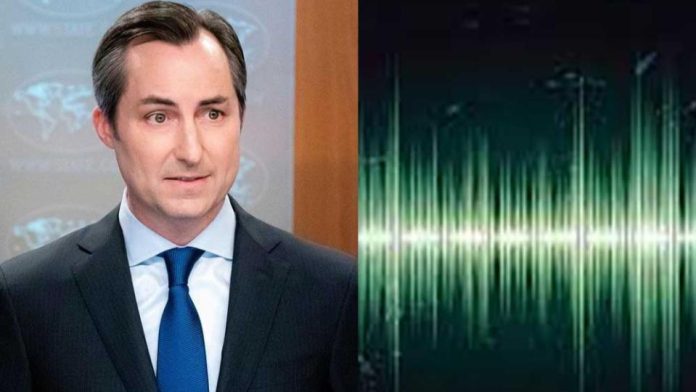In a surprising turn of events, a US-based news organization has published what it claims to be the text of a diplomatic cipher sent to Islamabad last year by Pakistan’s former ambassador to the US, which former Prime Minister Imran Khan cited as evidence of a US conspiracy to remove his government. The alleged cipher, detailing a meeting between US State Department officials and Pakistani envoy Asad Majeed Khan, has raised eyebrows and questions about the dynamics of international relations.
The text of the purported cipher, published by The Intercept, recounts a conversation between Assistant Secretary of State for the Bureau of South and Central Asian Affairs Donald Lu and Asad Majeed Khan. While the authenticity of this cable remains unverified by independent sources, it has prompted widespread speculation and discussions.
Controversial Content
According to the published excerpts, the US expressed concern over Pakistan’s stance on the Ukraine crisis, specifically its seemingly “aggressively neutral position.” This stance raised questions in the minds of US officials, who suggested it did not appear as neutral as Pakistan claimed. However, the US State Department clarified that the content did not indicate a preference for any particular leader in Pakistan.
Imran Khan’s foreign policy decisions were a focal point of the alleged conversation, with specific reference to his position on the Ukraine war. The cable suggested that the US believed Khan’s visit to Russia was a pivotal factor in shaping their view. Furthermore, the cable implied that a successful vote of no confidence against Khan might lead to forgiveness from the US administration for the perceived transgressions.
These revelations have ignited a firestorm of debate within Pakistan’s political circles. While the Pakistani Foreign Office refused to comment on the alleged leaks, Information Minister Marriyum Aurangzeb and Planning Minister Ahsan Iqbal remained tight-lipped.
On the other side of the equation, the US State Department refrained from confirming the accuracy of the published cable. Nonetheless, they reiterated their stance that the US government does not interfere in internal decisions of other nations, including Pakistan.
Former Prime Minister Imran Khan had previously alluded to a US conspiracy to destabilize his government. While many dismissed this notion, the publication of the alleged diplomatic cipher has reignited debates surrounding Khan’s claims. Some experts, however, argue that the contents of the cable do not necessarily equate to a conspiracy.
A senior diplomat noted that the language used by the US official, specifically the phrase “all will be forgiven,” was inappropriate and unacceptable, even if there was no actual conspiracy. This sentiment has underscored the need for diplomatic decorum and sensitivity in international interactions.
The source of the leak remains a subject of speculation. The Intercept claimed to have received the document from an anonymous source in the Pakistani military, who distanced themselves from any ties to Imran Khan or his party. However, some observers have raised the possibility that the leak originated from within Imran Khan’s own political party, the PTI.
The timing of the document’s publication adds another layer of intrigue. Coming on the heels of Imran Khan’s imprisonment on graft charges, the document’s contents have led to renewed discussions about its authenticity and the motivations behind its release.

